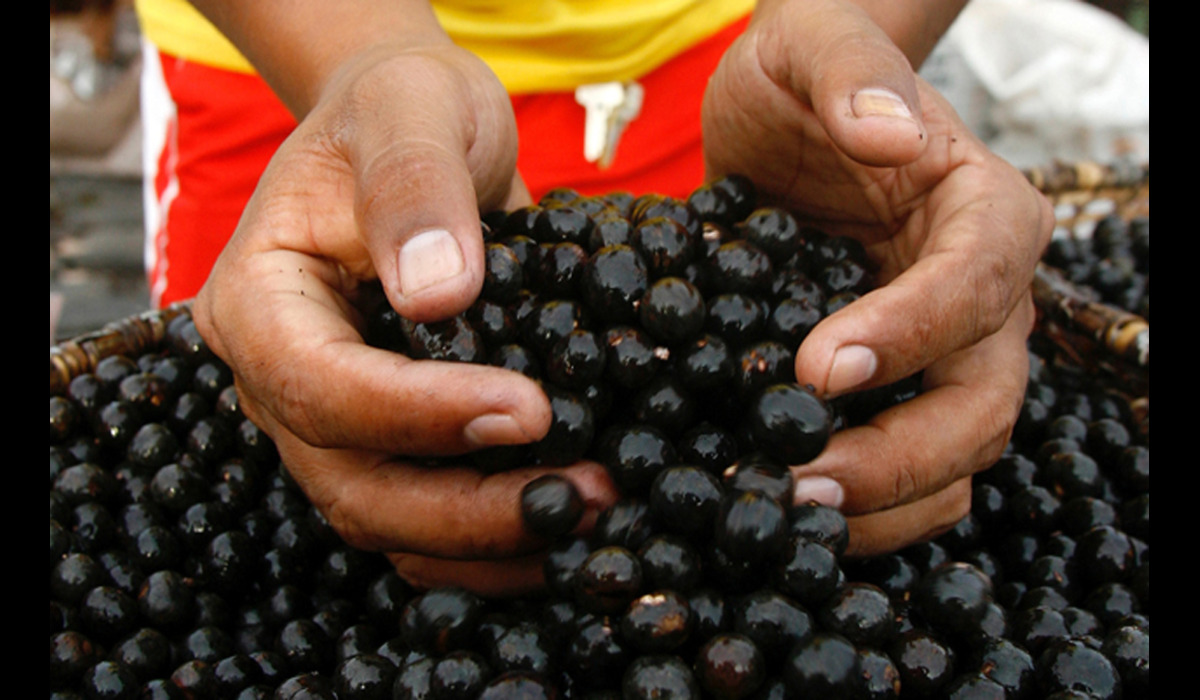The world is crazy about acai, a small but powerful berry that comes from Brazil’s Amazon rainforest.
It’s famous all over the world for being used in smoothies and acai bowls.
The Roots of Acai
Traditional Amazonian people have been gathering acai berries for generations. It’s an important part of their diet for being so healthy.
The acai palm, Euterpe oleracea, thrives in the Amazon’s swampy regions, growing tall and bearing fruit that’s harvested sustainably twice a year.
Acai has a lot of health benefits because it is full of antioxidants, fiber, and healthy fats.
But as acai became popular around the world in the early 2000s, it showed people how healthy it was and how important it was to the culture that grew it.
Acai Goes Global
Around the turn of the century, acai became very popular around the world, catching the attention of health-conscious people everywhere.
This popularity shows how useful acai can be in many different products, from food to beauty products. It also highlighted how important its cultural roots are and how to properly pronounce it.
The Pronunciation Puzzle
It’s confusing to pronounce Acai. But its Brazilian Portuguese roots bring some clarity.
Honoring the history of acai means making sure we pronounce the word correctly.
Pronouncing Acai Correctly
To pronounce acai correctly, think of it in three parts:
- ah (like “father”)
- sigh (as in the English word)
- EE (like in “see”)
This phonetic breakdown helps you skip common mistakes and honor the rich Brazilian tradition behind the berry.
Acai’s rise from an Amazonian staple to a worldwide health trend shows how beneficial it is and how culturally rich the area where it comes from is.
We can show more respect and awareness for the acai tree and its many benefits by learning its history and pronouncing the word correctly.
